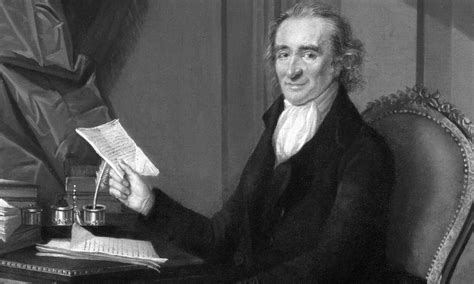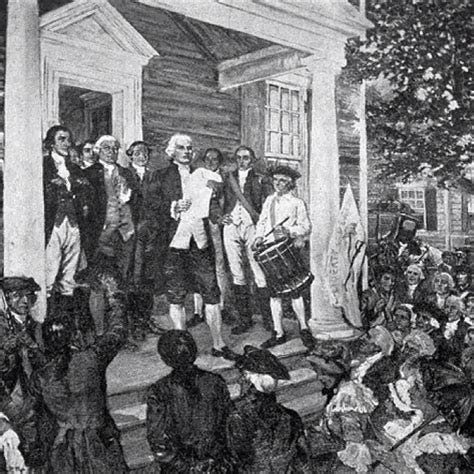In 1776, they all read the same articles
I hope this post finds you well.
I followed scientist, politicians and not for profits because they had the solutions to our climate change challenges. Over the years, I watched protest and donated my hard-earned money, unfortunately, were no better off than we were in 2006, when vice president Al Gore’s documentary An Inconvenient Truth, aired. Our efforts are like the changing seasons, always coming back to where we started. Why is this? I believe there are many reasons. Here I give you one that I believe has the most detrimental effect, preventing us from alleviating climate change.
In January of 1776, Thomas Paine published a pamphlet, titled Common Sense, The Origin and Design of Government. He proposed the colonies declare their independence from Britain rather than seek improved representation. He also proposed that rulers should be chosen by the people and not by hereditary kings.
At the time, independence from Britain with elections for leaderships, was far from the minds of the colonist. Britain had just beat France and was the undisputed world power. Nobody knew how other countries would accept a newly declared country that eliminated monarchy-based government. It may not go over well with the other countries we were trading with, since they were monarchy based also.
It was extremely popular, the first print, 120,000 copies were sold over 3 months, that’s equivalent to 20 million books today. In all, a total of 25 printings were completed, totaling over 500,000 copies, sold in America and Europe. There were readings at town hall meetings and local taverns. It created a huge impact on the colonies, including inspiring citizens to fight the red coats. Culminating, 5 months later, with the second continental congress signing the declaration of independence. I want to make note here that Thomas Paine could have made a lot of money from this, but instead donated the royalties to George Washington’s army.
What’s interesting here is that this pamphlet changed the colonies course, from protesting to get improved representation to declaring independence and fighting a world super power. Like then, there are many people struggling to make change, to reduce greenhouse gas emissions, removing the great divide between the rich and poor, among others.
They were able to make change and we can’t. So, what’s the difference? It’s simple, today we have the internet and back then they didn’t. Everyone read the same articles back then, while today there are more articles, stories, news, comments, post, tweets and ads published, than there are people, and that’s daily. Reading the same articles would allow cohesive understandable discussions to occur. Enabling both sides to express their thoughts and fears on the issues. We could discuss the changes needed and prevent people from being left behind.
Just imagine if we were all, on the same page.
Here is a list of acts the British imposed on us, which led to our rebellion and eventual independence, thanks to Thomas Paine:
· Sugar Act: 1764 – Tax on sugar and molasses imported into the colonies. Used to make rum, effecting businesses. This act was the British attempt to stop trade between colonies and the Dutch, French and Spanish.
· Currency Act: 1751 and 1764, To protect British from paper money from the colonies that had been depreciated.
· Stamp Act: 1765, A tax on all paper. Requiring all paper materials to have an official revenue stamp, includes newspapers, magazines and legal documents.
· Townshend Acts: 1767, Revenue Act: 1767, Commissioners od Customs Act, Vice Admiralty Act, New York Restraining Act. Tax on British goods entering into the colonies. Glass, tea, lead, paint and paper.
· Tea Act: 1773, Allowed for British tea to be shipped by British companies into the colonies duty-free, so it could be sold cheaper.
· Coercive Act: 1774 – 4 acts designed to punish Boston. Boston Port Act, Massachusetts Government Act, Administration of Justice Act, Quartering Act. Quebec Act. Intended to suppress rebellion in Massachusetts and isolate it from the other colonies.
This is Thomas Paine.


Interesting.